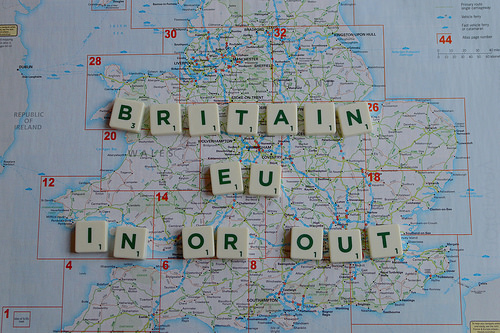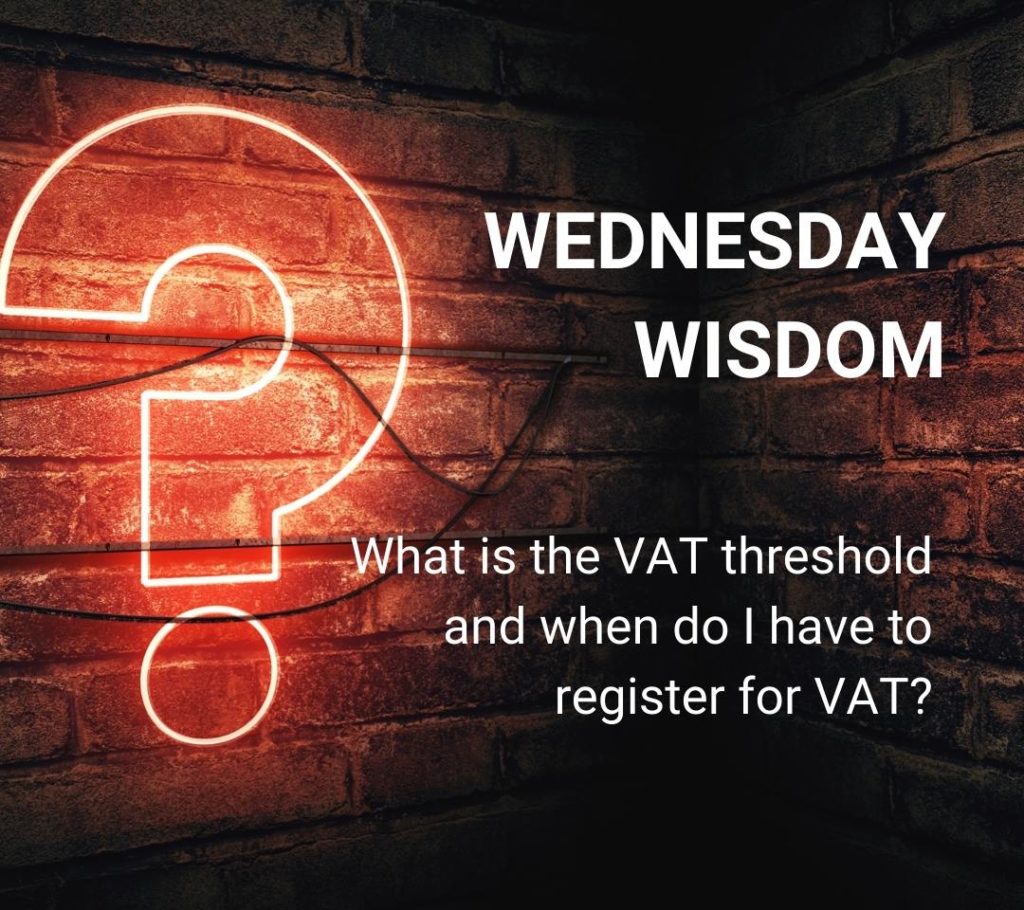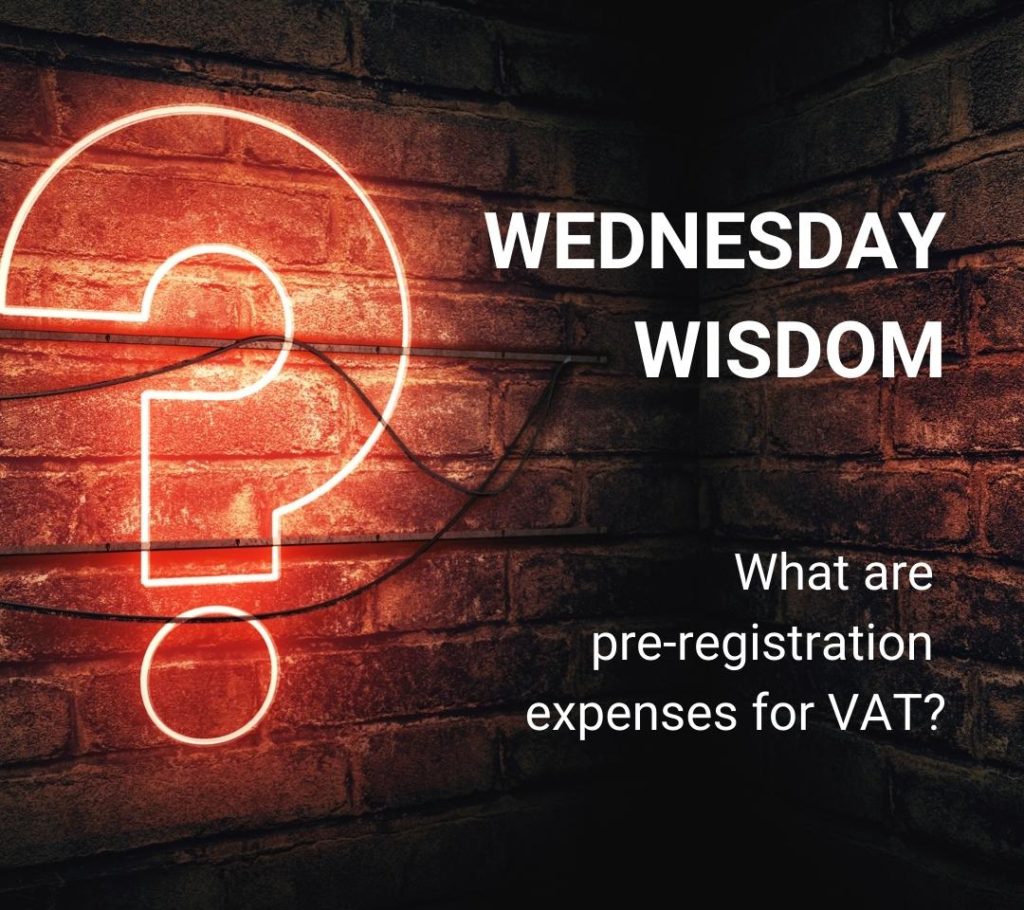How about I write a piece on EU referendum, I suggested. I could write a piece that focuses specifically on the impact Brexit would have on the creative industries for WardWilliams Creative blog, I said. I wish I’d kept my mouth shut!
Like any good argument there are valid opinions and evidence on both sides. The vote is fast approaching and hopefully some of the research and the information below will help you decide…or not…

Studies and reports have been compiled by various organisations including Arts Professional, The Knowledge and Media Business Insight. The results are largely the same; remaining in the EU would be the best outcome for Creative and Media Industries. I have collected a few points that relate specifically to the creatives industries and SME’s that may be helpful to consider:
IN
- Funding – The Creative Europe programme boosted exports by spending £39m on promoting British films to the rest of Europe and gave £37m to UK companies between 2007 and 2012. This year, the EU’s £93m Cultural and Creative Sectors Guarantee Fund is set to launch, allowing Creative Europe to underwrite bank loans to creative businesses.
- Ease of trade – Close to half of all UK trade takes place between us and the 27 other member states. Rather than dealing with 27 separate sets of legislation, our membership allows UK businesses to freely access 505 million potential customers (as opposed to just 64 million in the UK).
- Talent – UK businesses are free to employ workers from any of the member states without obtaining a work permit, and equally we are able to work across Europe without the need of visas. How talent comes in and out of the country, easy hiring and movement of staff is a major pillar of the concept of Europe from a business standpoint.
- Legally forces a level playing field of fair trading and business practise.
- Without membership the UK would lose influence, suffer higher tariffs and trade costs, and face new barriers to doing business
OUT
- Cost – The UK contributes £24 million(net) daily to the EU – funding could be directly invested into supporting British SMEs.
- Red Tape – Supporters of the No campaign believe that there are too many rules which stifle their ability to compete. According to the Centre for Economic and Business Research, small firms waste 28 hours a week on red tape, costing the small business economy nearly £5bn every single year
- EU membership not a necessity for a strong trade relationship, Norway and Switzerland are used as examples as they export more per capita to the EU than the UK does.
- TTIP – Leaving the EU would mean the UK would be able to negotiate international trade deals without having to appease the other member states. The controversial trade deal between the EU and the United States has been heavily criticised by protesters for an alleged undemocratic empowerment of big business. Leaving the EU would exempt the UK from the agreement if it goes ahead.
- EU VAT legislation – Controversial new VAT legislation introduced by the EU this year mean that the amount of VAT charged for digital services will be set by the rate in the consumer’s country. This has led to a backlash from sole traders and micro-businesses, many of whom claim that these changes are impossible to comply with, resulting in them either having to close their business or break the law to stay afloat.
Clear? As mud?
No Vote No Voice
Whatever you decide you can’t have a say without a vote, make sure you’re registered by June 7th (that’s today folks – you have until midnight!) for 23rd June.







